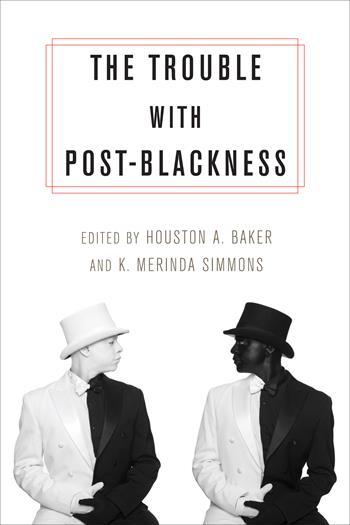Voices of Slavery: ‘They Were Saving Me For a Breeding Woman’Posted in Articles, Autobiography, History, Media Archive, Slavery, United States, Women on 2016-08-28 01:55Z by Steven |
Voices of Slavery: ‘They Were Saving Me For a Breeding Woman’
This Cruel War: An Evidence-Based Exploration of the Civil War, its Causes and Repercussions
2016-08-25

Virginian Luxuries, artist unknown. c1825.
During 1929 and 1930, an Africa-American scholar named Ophelia Settle Egypt, conducted nearly 100 interviews with former slaves. Working then at Fisk University, she was the first person to ever conduct such a large scale endeavor. Accompanied by Charles Johnson, a black sociologist, she was able to get the former slaves to open up about the waning days of the institution. In 1945, she finally published her Unwritten History of Slavery, which collected thirty-eight transcripts of the interviews. Each account, published anonymously, painted a fuller picture of black slavery in Tennessee and Kentucky, where most of the interviewees had resided.
This first account, entitled “One of Dr. Gale’s ‘Free Niggers’,” is surprisingly candid about the rape of slave women by their owners, as well as other aspects of such relationships.
Just the other day we were talking about white people when they had slaves. You know when a man would marry, his father would give him a woman for a cook and she would have children right in the house by him, and his wife would have children, too. Sometimes the cook’s children favored him so much that the wife would be mean to them and make him sell them. If they had nice long hair she would cut it off and wouldn’t let them wear it long like the white children…
…Then there was old Sam Watkins, – he would ship their husbands (slaves) out of bed and get in with their wives. One man (a slave) said he stood it as long as he could and one morning he just stood out side, and when he (the master) got with his wife (the slave), he just choked him to death. He knew it was death, but it was death anyhow; so he just killed him. They hanged him. There has always been a law in Tennessee that if a Negro kill a white man it means death.
Now, mind you, all of the colored women didn’t have to have white men, some did it because they wanted to and some were forced. They had a horror of going to Mississippi and they would do anything to keep from it. A white woman would have a maid sometimes who was nice looking, and she would keep her and her son would have children by her. Of course the mixed blood, you couldn’t expect much from them…
Read the entire article here.


